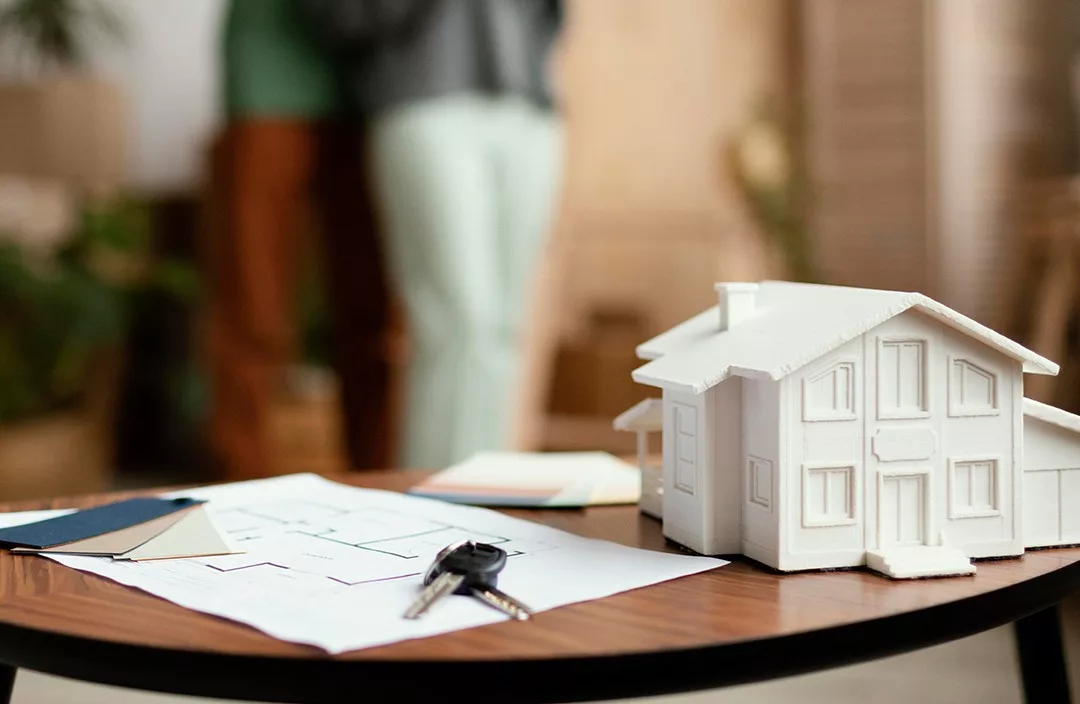When entering the real estate market, most people look at the purchase price and whether they can afford the mortgage or rent. While that’s important, there’s a bigger question to ask:
Will this property grow in value over time?”
That’s where property appreciation comes in — and it can make the difference between a good deal and a great investment.
What is Property Appreciation?
Property appreciation is the increase in the value of a property over time. For example, if you purchase a house for $100,000 today and sell it for $150,000 after five years, the property has appreciated by $50,000.
In real estate, appreciation isn’t guaranteed. It depends on many factors , some within your control (like renovations), and some outside your control (like city development plans). Understanding these factors is key to making smart property decisions.
Why Asking About Appreciation Matters
Most buyers ask about the property’s current price, but few ask about its future value. Here’s why you should always raise the question of appreciation:
Long-Term Wealth Creation
Real estate is one of the most reliable ways to build wealth. A property that appreciates steadily can provide financial security for you and your family.
Better Returns on Investment
Whether you’re renting out the property or planning to resell, appreciation ensures your investment brings in more than what you put in.
Strategic Decision-Making
When comparing properties, knowing which location or type has higher appreciation potential helps you make smarter choices.
Protection Against Inflation
Property appreciation often outpaces inflation, meaning your investment grows while protecting your purchasing power.
Factors That Influence Property Appreciation
Location, Location, Location
Properties near good schools, shopping centers, hospitals, and transport hubs usually rise in value faster.
A property in a developing neighborhood may appreciate more than one in a stagnant area.
Infrastructure & Development Projects
The construction of new highways, airports, or shopping malls can dramatically boost property values in the area.
Government and private sector investments in housing and industry attract more people — increasing demand.
Economic Growth & Demand
A growing city or region with job opportunities naturally drives up property demand, leading to appreciation.
Property Condition & Upgrades
Renovations such as modern kitchens, energy-efficient systems, or extra rooms increase property value.
Regular maintenance protects your investment and keeps it attractive to buyers and tenants.
Neighborhood Trends
Areas gaining popularity among young professionals, families, or businesses can see rapid appreciation.
Questions to Ask Before Buying Property
What major developments are planned for this area in the next 5–10 years?
How have property prices in this neighborhood changed in the past decade?
Is the area attracting businesses, schools, or government investment?
What is the rental demand here — and is it growing?
Are there infrastructure projects (roads, water, electricity) planned?
Final Takeaway
When buying property, don’t just focus on what it costs today. Ask:
“What will this property be worth tomorrow?”
Appreciation is the key to turning a home purchase into a wealth-building investment. The more you understand it, the smarter your real estate choices will be.
Real estate isn’t just about owning property — it’s about owning value that grows with time.

